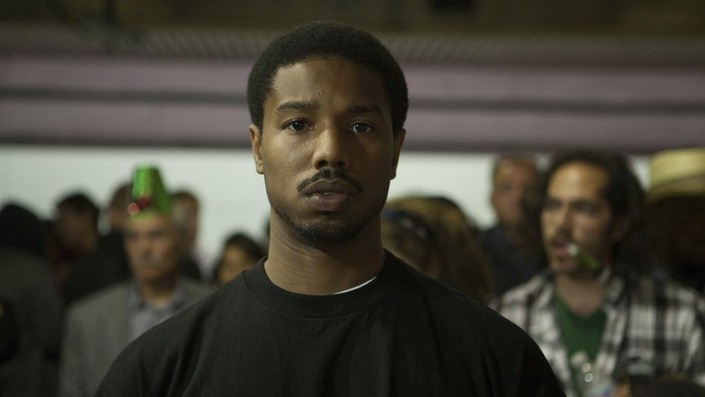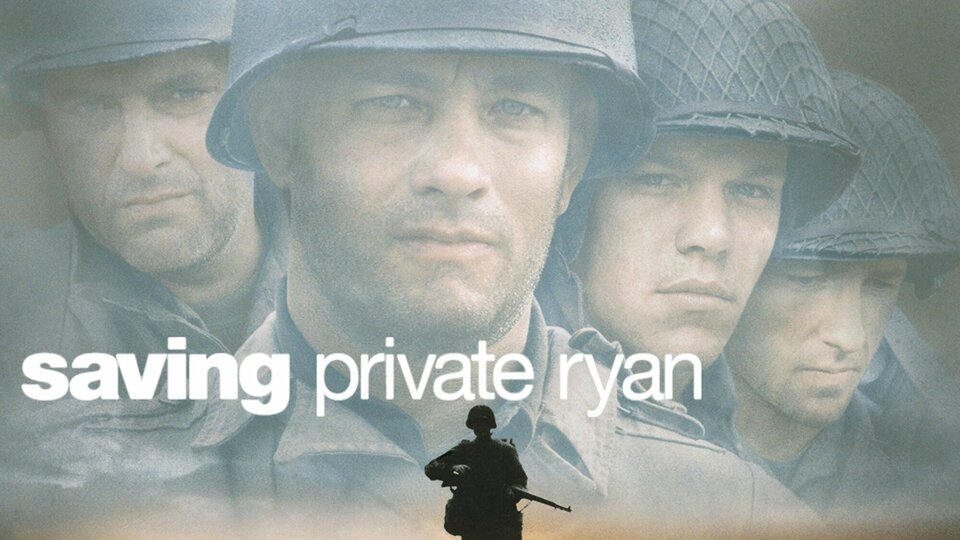Fruitvale Station (2013): A Powerful and Poignant Real-Life Tragedy
Fruitvale Station, directed by Ryan Coogler in his feature debut, is a powerful dramatization of the final 24 hours in the life of Oscar Grant III, a 22-year-old Black man who was fatally shot by a Bay Area Rapid Transit (BART) police officer in the early hours of January 1, 2009. The film, grounded in real-life events, is an emotionally charged portrayal of a man trying to turn his life around in the face of systemic racism and personal struggle.
The story begins on New Year’s Eve 2008 and follows Oscar as he navigates the everyday experiences that define his life. He spends time with his girlfriend Sophina and their daughter Tatiana, visits his mother Wanda, and reaches out to people from his past in an attempt to get a job and stay away from trouble. Coogler’s script avoids sensationalism, instead presenting Oscar as a complex, flawed, but fundamentally good person—a young man who, like many others, is trying to make better choices for his future.

Michael B. Jordan delivers a breakthrough performance as Oscar, capturing his charm, restlessness, anger, and affection with stunning authenticity. The film does not shy away from Oscar’s past mistakes—such as his brief prison time and involvement in illegal activity—but it presents him with humanity and nuance. Jordan’s portrayal allows viewers to connect with Oscar on a personal level, making his fate all the more heartbreaking.
Octavia Spencer plays Oscar’s mother, Wanda, with a quiet strength and emotional depth that anchors the film. Her scenes with Jordan are especially moving, highlighting the generational and emotional bonds that drive Oscar to change. Melonie Diaz also shines as Sophina, portraying her love, frustration, and loyalty with realism and restraint.

What makes Fruitvale Station so impactful is its quiet, observational tone. The camera lingers on small, intimate moments: Oscar playing with his daughter, helping a stranger in the store, or looking out at the ocean. These seemingly ordinary actions take on a tragic weight as the viewer knows what’s coming. Coogler’s decision to open the film with real cell phone footage of the shooting adds a jarring layer of reality that frames the entire narrative in urgency and truth.
The climax of the film—set in the Fruitvale BART station—is heart-wrenching and difficult to watch. The tension and confusion of the moment are portrayed with harrowing accuracy. Coogler resists the urge to over-dramatize, letting the horror of the moment speak for itself. The final scenes, including footage of Oscar’s daughter at a memorial, leave a lasting emotional impact.

Fruitvale Station is not just a film about a single tragedy—it is a reflection of larger issues: police brutality, systemic racism, and the fragile nature of life for young Black men in America. It is a deeply human story that encourages empathy, awareness, and reflection. Both timely and timeless, it remains a defining film of the 2010s, marking the emergence of Ryan Coogler and reaffirming the power of cinema to illuminate social justice.



